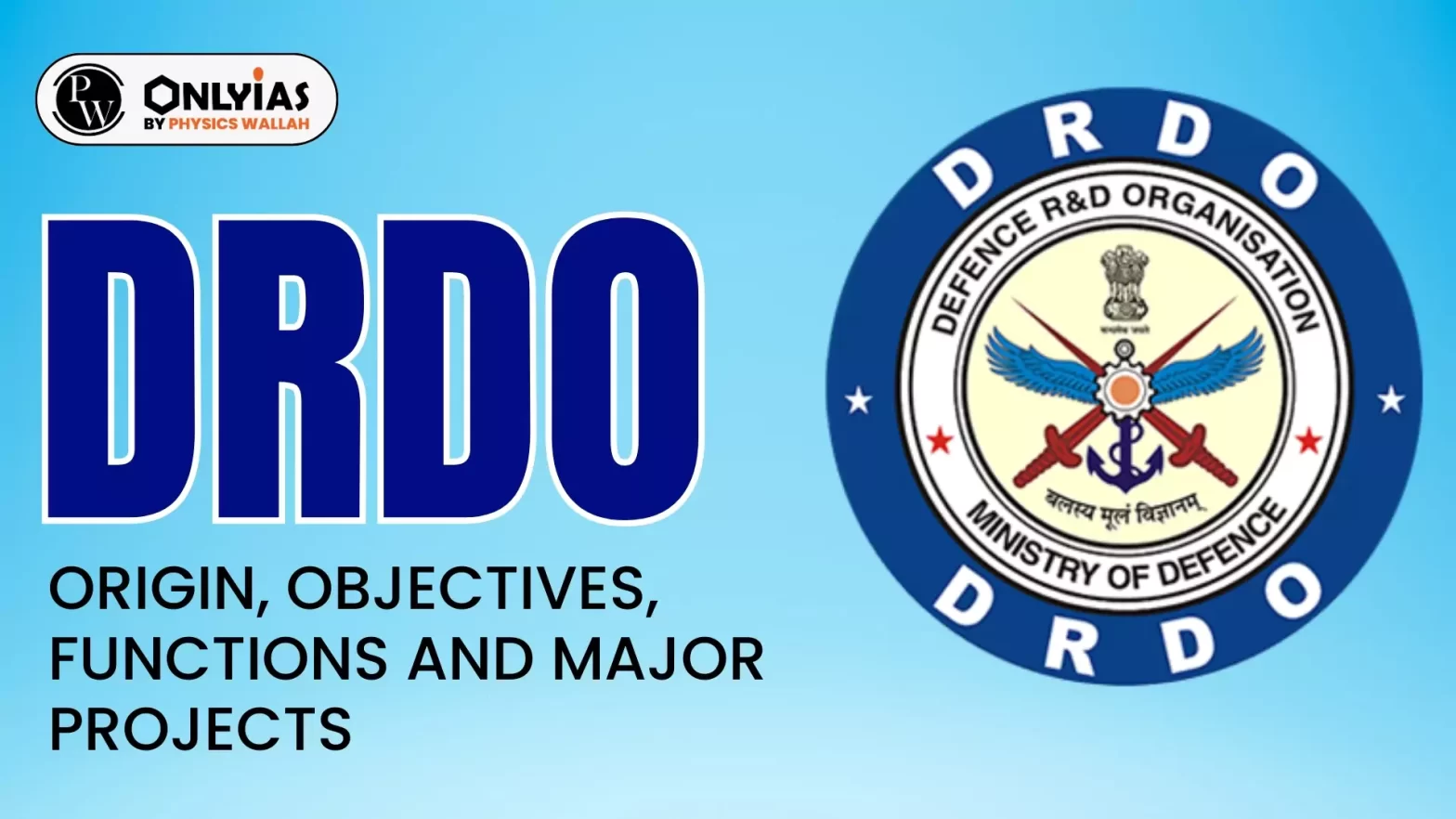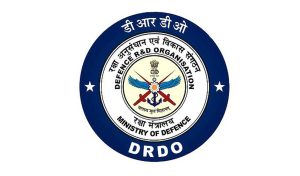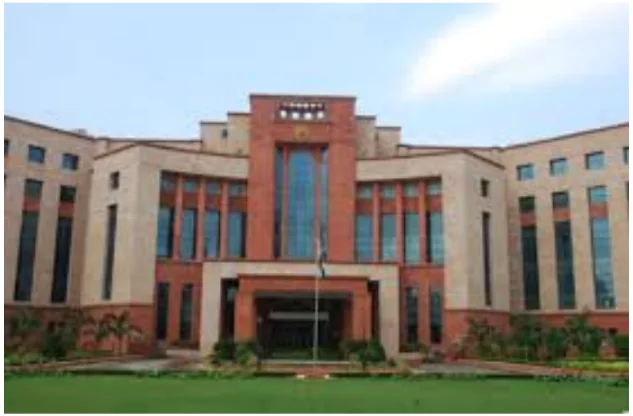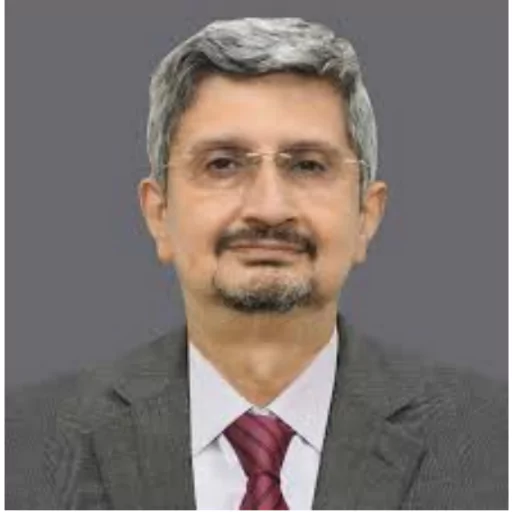DRDO full form is Defence Research and Development Organisation. Learn when DRDO was established, its headquarters, chairman, roles, and key contributions for UPSC and defence exams.

DRDO Full Form is The Defence Research and Development Organisation (DRDO) stands as the backbone of India’s defence technological advancements. Since its formation, DRDO has consistently worked towards making India self-reliant in military science and technology. The organisation’s motto, “Balasya Mulam Vigyanam” — meaning strength lies in science — rightly captures its foundational ethos.
Formed in 1958, the DRDO was established by the amalgamation of the Defence Science Organisation (DSO), Technical Development Establishments (TDEs) of the Indian Army, and the Directorate of Technical Development & Production (DTDP). Over the decades, DRDO has evolved from a modest network of 10 laboratories into India’s premier research agency for defence innovation, functioning under the Ministry of Defence.
DRDO is the research and development (R&D) wing under the Ministry of Defence, Government of India. The agency’s core function is to design, develop, and produce state-of-the-art weapon systems, platforms, and defence technologies aligned with the needs of the Indian Armed Forces. The answer to “What is DRDO” lies in its dedication to strengthening the nation’s military and technological self-reliance.

| DRDO Overview | |
| Aspect | Details |
| DRDO Full Form | Defence Research and Development Organisation |
| What is DRDO | Premier R&D agency under the Ministry of Defence, India |
| DRDO Established Year | 1958 |
| Formed By | Amalgamation of DSO, TDEs, and DTDP |
| DRDO Headquarters | DRDO Bhawan, Rajaji Marg, New Delhi – 110011 |
| DRDO Chairman | Dr. Samir V. Kamat |
| DRDO Chairman Since | 26th August 2022 |
| Total Laboratories | 41 Laboratories + 5 DRDO Young Scientist Laboratories (DYSLs) |
| Primary Role | Development of defence technologies and systems for the Indian Armed Forces |
| Key Domains | Missiles, aeronautics, electronics, naval systems, life sciences, etc. |
| Notable Projects | Agni, Prithvi, Tejas, Pinaka, Rustom-2, INS Arihant, ASAT |
| Parent Ministry | Ministry of Defence, Government of India |
| Core Motto | “Balasya Mulam Vigyanam” (Strength’s Origin is in Science) |
| Stakeholders | Armed Forces, Ministry of Defence, Coast Guard, Academia, Defence Industry |
| Major Objective | Self-reliance in strategic defence technologies |
The DRDO full form is Defence Research and Development Organisation. It was formed in 1958 by integrating three main establishments: the Technical Development Establishment of the Indian Army, the Directorate of Technical Development & Production, and the Defence Science Organisation (DSO). Thus, the DRDO was established, marking the beginning of India’s indigenous military R&D journey.
DRDO was established in the year 1958 and has since witnessed remarkable growth in scope, size, and capability. It now encompasses over 41 laboratories and 5 Young Scientist Laboratories (DYSLs) across India. These facilities are actively involved in multi-disciplinary research areas including aeronautics, armaments, electronics, life sciences, materials, naval systems, and advanced computing.
The DRDO headquarters is located at DRDO Bhawan, Rajaji Marg, New Delhi – 110011, reflecting its central importance in India’s defence policymaking and execution.

Source: DRDO
Currently, DRDO operates through a vast network of over 41 laboratories and 5 Young Scientist Laboratories (DYSLs) across the country. These laboratories are engaged in diverse areas such as:
The leadership of DRDO has played a important role in shaping India’s defence strategy through innovation. The current DRDO chairman is Dr. Samir V. Kamat, who assumed office on August 26, 2022.

Source: DRDO
He also holds the position of Secretary, Department of Defence R&D. Under his guidance, DRDO continues its mission of self-reliance in defence production and strategic research.
A brief DRDO chairman name list includes notable scientists such as:
| DRDO Chairman Name List | ||
| Name | Tenure | Designation |
| Daulat Singh Kothari | 1948–1961 | Director General |
| Suri Bhagavantam | 1961–1969 | Director General |
| B. D. Nag Chaudhuri | 1970–1974 | Director General |
| M. G. K. Menon | 1974–1978 | Director General |
| Raja Ramanna | 1978–1982 | Director General |
| V. S. R. Arunachalam | 1982–1992 | Director General |
| A. P. J. Abdul Kalam | 1992–1999 | Director General |
| V. K. Aatre | 1999–2004 | Director General |
| M. Natarajan | 2004–2009 | Director General |
| V. K. Saraswat | 2009–2013 | Director General |
| Avinash Chander | 2013–2015 | Director General |
| S. Christopher | 2015–2018 | Chairman, DRDO |
| G. Satheesh Reddy | 2018–2022 | Chairman, DRDO |
| Dr. Samir V. Kamat | 2022–Present | Chairman, DRDO |
The DRDO roles and responsibilities are multifaceted and directly aligned with national security interests. Some of its major responsibilities include:
DRDO also acts as a coordinator in international technological agreements, and ensures that India’s defence preparedness is on par with global standards.
DRDO has accomplished several landmark achievements since its inception. A few noteworthy developments include:
The Defence Research and Development Organisation operates across a broad spectrum of responsibilities:
Stakeholders include the Ministry of Defence, Ministry of Home Affairs, Armed Forces, Coast Guard, academic institutions, and the general public.
The Defence Research and Development Organisation (DRDO) plays a strategic role in enhancing India’s national security by empowering the armed forces with indigenous technological advancements. With a vision rooted in self-reliance and innovation, DRDO’s objectives span across scientific research, weapon development, and infrastructure upgradation.
These aims not only support India’s defence preparedness but also foster technological growth across industries and academia. The following are the key aims and objectives of DRDO:
The major stakeholders of DRDO include:
DRDO ensures strong interaction with its stakeholders through structured meetings, peer reviews, and joint monitoring mechanisms, thereby enabling transparency, accountability, and efficiency in project execution.
DRDO provides:
The Defence Research and Development Organisation (DRDO) remains a cornerstone of India’s defence policy and technological aspirations. From building sophisticated missile systems to advancing artificial intelligence in warfare, DRDO’s influence is far-reaching. Guided by a visionary leadership and an unwavering commitment to national security, DRDO continues to deliver strategic advantages to the Indian Armed Forces.
With its headquarters in New Delhi and a legacy dating back to 1958, DRDO has transformed India into a global power in defence innovation. The organization’s relentless pursuit of self-reliance and excellence secures not only the nation’s borders but also its future.
Ready to boost your UPSC 2026 preparation? Join PW’s UPSC online courses today!
Check Out UPSC CSE Books
Visit PW Store
DRDO, the Defence Research and Development Organisation, is India’s top military R&D body, developing technologies for national defence.
The DRDO full form is Defence Research and Development Organisation.
DRDO was established in the year 1958 through the merger of several defence-related establishments.
The DRDO headquarters is situated in New Delhi, specifically at DRDO Bhawan, Rajaji Marg.
The DRDO chairman is Dr. Samir V. Kamat, appointed on August 26, 2022.
DRDO roles and responsibilities include R&D of defence systems, advising the Ministry of Defence, and transferring technology to armed forces and industry.
<div class="new-fform">
</div>
